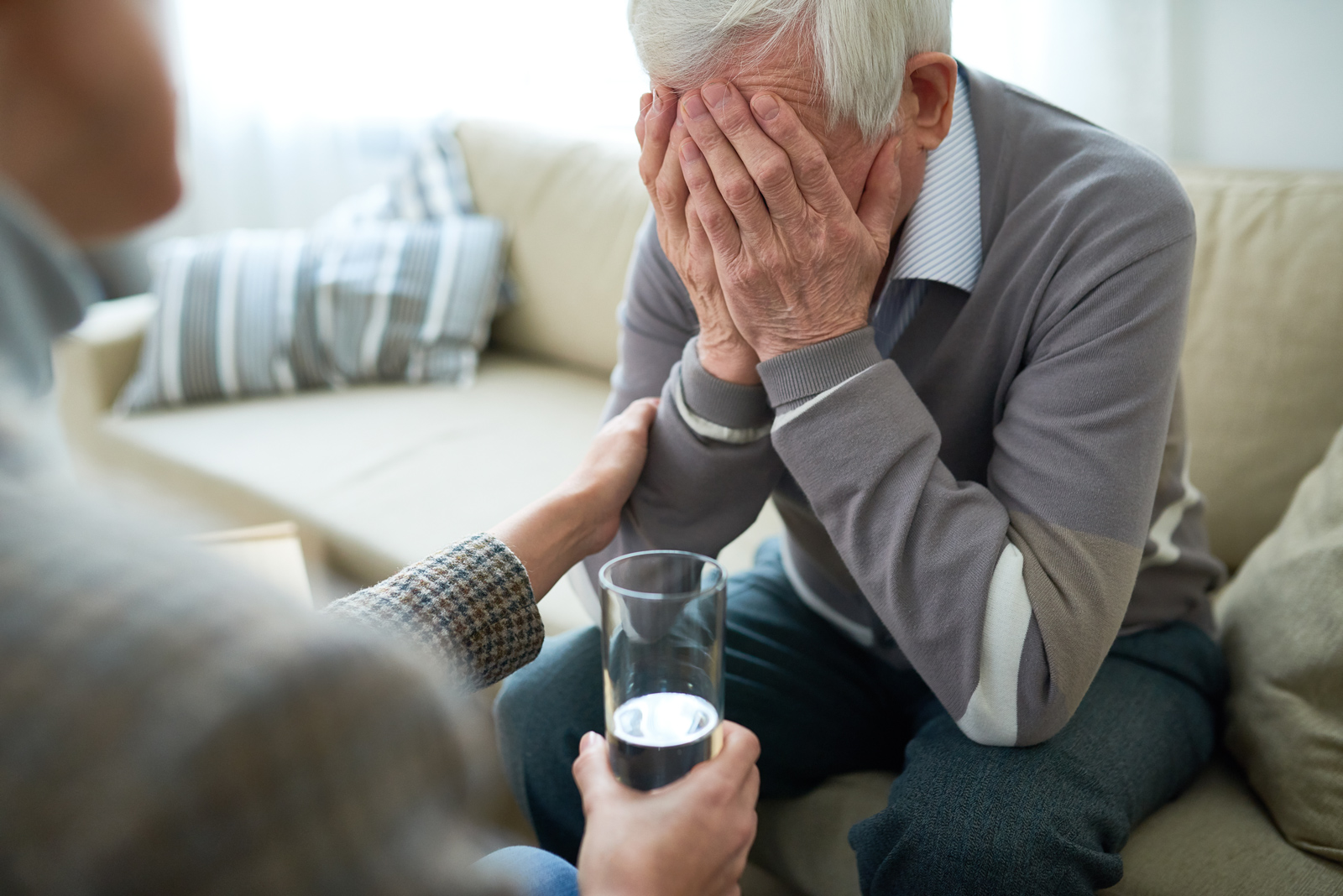It’s common to have feelings of loss and grief as dementia progresses. While you might feel like these feelings are wrong, it is important to understand that you are entitled to your emotions, and that the important thing is learning to manage it so it does not become overwhelming.
A dementia diagnosis can be difficult on both the person with dementia and their loved ones. It is possible to keep living a fulfilling life despite dementia, but there are undeniable challenges that will become part and parcel of your life, especially if you’re playing the role of the primary caregiver. As you cope with the changes, and as you see the condition progressing, you might find yourself dealing with feelings of grief and loss.
You might experience these feelings in different phases of denial, anger, guilt, sadness, and acceptance. These stages of grief don’t necessarily happen in order, and you might find yourself moving in and out of different stages over time.
Common Experiences In Grief
Recognising that you are experiencing grief is an important part of managing your feelings, which makes understanding common behaviours for each phase of grief a helpful tool.
In denial, you might find yourself attempting to normalise problematic behaviours instead of thinking of ways to manage it better. You might also find yourself expecting that your loved one will get better, or that nothing has changed. Before diagnosis, you might even find yourself hoping that the person is not ill.
Anger might manifest itself in frustration that is directed at your loved one with dementia, or resenting the responsibilities that have been placed on your shoulder as the caregiver. You might also find yourself resenting or feeling abandoned by family members who cannot help to provide care.
With guilt, you might find yourself placing unrealistic expectations on yourself, telling yourself that you’re not doing enough or that you should have done something different constantly. You might also find yourself feeling that you have failed if you are unable to cope with all the demands of caregiving as the condition progresses, or feeling bad that you are still healthy while your loved one is not.
Sadness is one of the more easily recognised stages of grief; you might constantly find yourself overwhelmed with feelings of sadness, or find yourself in tears frequently. You might also notice that you are withdrawing from social activities, and either withholding your emotions or displaying them more intensely than usual.
When you reach acceptance, you might find yourself coming to terms with how the condition has affected your loved one, as well as being more willing to ask for and accept help from others. It’s important to note that even if you find yourself at this stage, there is nothing wrong if you find yourself repeating experiences from other stages of grief. The grieving process is not necessarily a linear one, and you should not be too hard on yourself for your experience.
Methods Of Coping With Grief
There are some methods that you can use to help you cope with your feelings of grief and loss better. One of the most important things to do is to face your feelings, instead of trying to avoid it. You’re allowed to be sad, and feeling guilty is normal. There is nothing wrong with anger and frustration, as long as you work though them in healthy ways. It is also common to feel conflicting emotions like love and anger at the same time.
To help you work through your grief, it can be helpful to talk with someone you trust; if you feel that you need more professional support, consider turning to a therapist who specialises in grief counselling, who can introduce you to coping methods that are best suited for you.
While you might feel that you need to give up activities you enjoyed to make room for your caregiving possibilities, taking care of yourself and giving yourself the space to stay connected to others and to keep doing activities you enjoy is just as important in coping with the grieving process. Just like you would need to rest if you were physically unwell, giving yourself a mental break is key to maintaining your mental wellbeing.
It is also important to accept that it is unrealistic to expect yourself to take care of everything, and to do so perfectly, and set more realistic expectations of yourself as a caregiver. There’s nothing shameful in needing help from others.
To that end, look for avenues of support like friends and family who can help to take over the responsibility of caregiving while you take a break, or support groups with whom you can share your emotions, and where you can exchange caregiving tips that might help you cope with your evolving responsibilities more effectively. You can also turn to support services like ADA’s daycare centres or Family of Wisdom programmes to support you and your loved ones as you tackle the dementia journey together.



